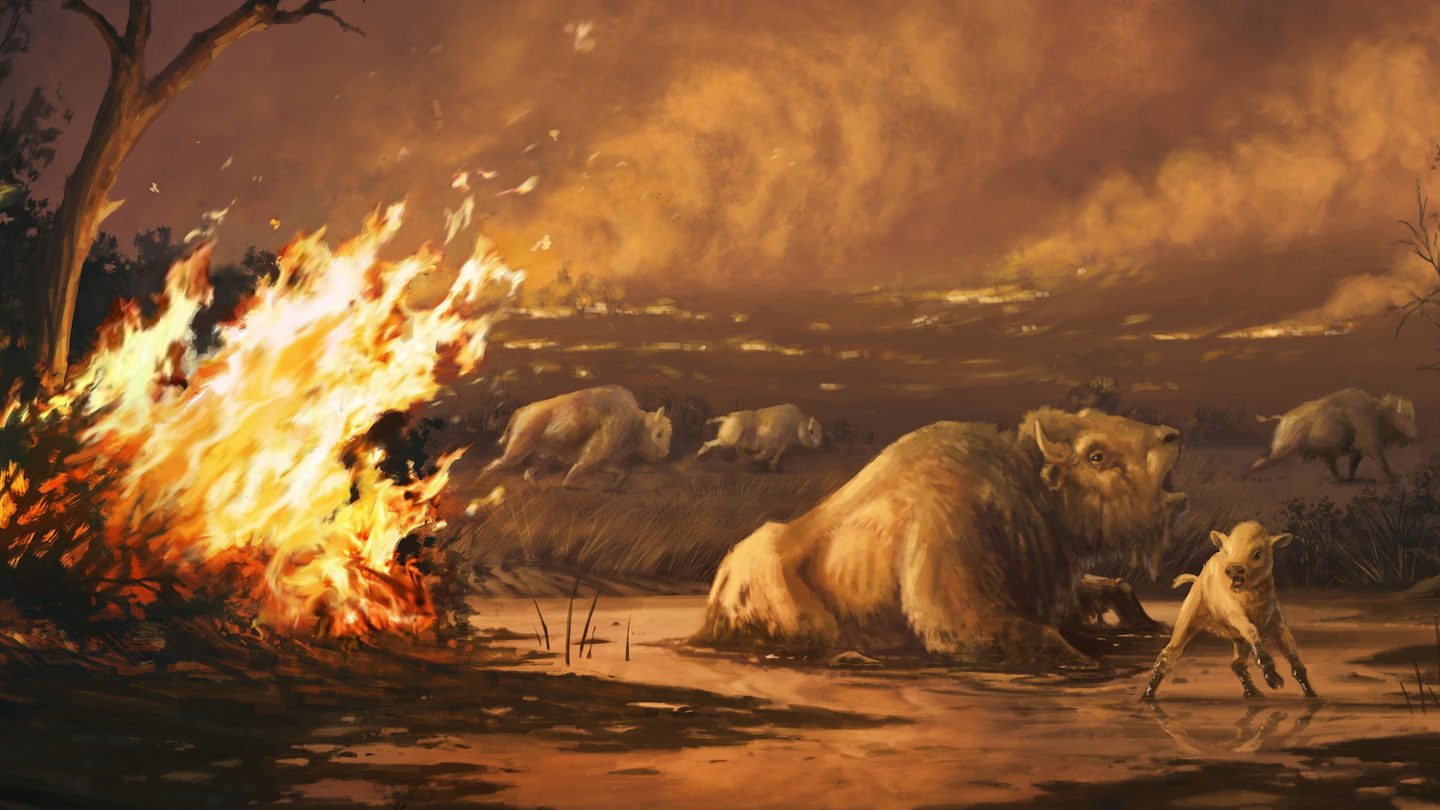By about 11,700 years ago, most large land mammals outside of Africa had gone extinct. Scientists have long debated whether these extinctions were primarily caused either by human activities or a changing climate as the last ice age came to a close (SN: 11/13/14; SN: 2/6/14).
The findings “reflect the reality of nature, which is that phenomena are rarely, if ever, driven by a single factor,” says Danielle Fraser, a paleoecologist at the Canadian Museum of Nature in Ottawa who was not involved with the research.
The type of “climate-human synergy” implicated in the demise of California’s biggest beasts may warn of dramatic upheaval in modern ecosystems subjected to ongoing human-caused climate change, the researchers say. Southern California, for instance, has warmed more than 2 degrees Celsius over the last century, a more rapid change than the area faced during that earlier time period.
In the new study, F. Robin O’Keefe, a paleontologist and evolutionary biologist at Marshall University in Huntington, W.Va., and colleagues were initially studying the remains of ancient carnivores that had become stuck and died in the asphalt seeps of La Brea, investigating how the animals had physically changed over many thousands of years. Then the researchers found evidence of an extinction event recorded in the tar pit fossil record.
2023-08-17 13:07:24
Article from www.sciencenews.org
